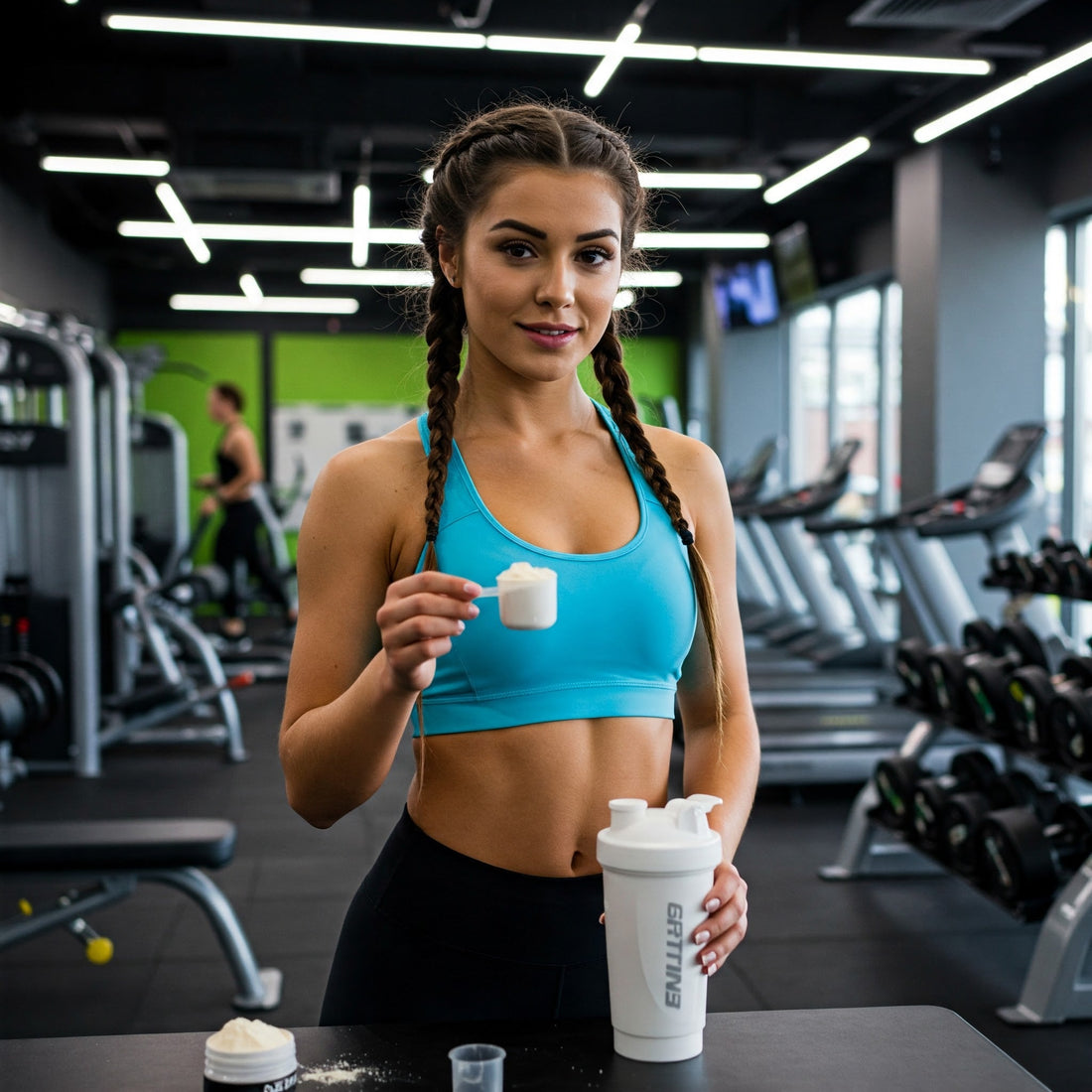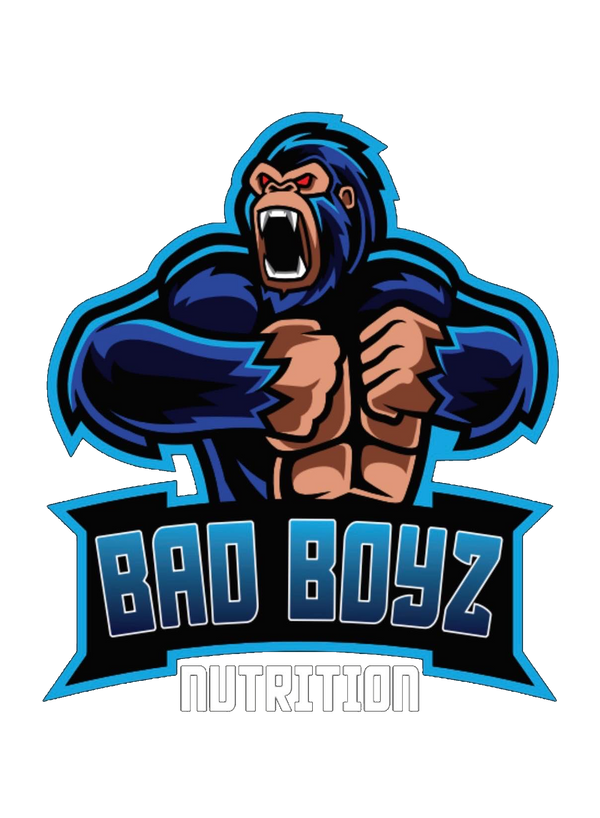
Creatine in 2025: Why Everyone’s Taking It (Even Beginners)
Once seen as a supplement only for bodybuilders and pro athletes, creatine is now having its biggest moment ever — and in 2025, everyone is hopping on.
From gym newbies and college students to influencers and even people looking to support brain health, creatine is officially mainstream. If you’ve been on the fence or don’t really know what it does — this guide breaks it down simply, no bro-science, no hype.
What Is Creatine, Really?
Creatine is a naturally occurring compound found in your muscles. It helps your body produce energy during high-intensity activities like lifting weights, sprinting, or HIIT.
You already get small amounts from foods like red meat and fish — but nowhere near the amount needed for full performance benefits.
That’s where supplementation comes in.
“Creatine gives your muscles more fuel, which means more reps, more strength, and faster recovery. It’s that simple.”
— Dr. James Ritter, Sports Nutritionist
What Creatine Actually Does (And Doesn’t Do)
What it does:
- Increases strength and power output
- Improves muscle fullness and hydration
- Helps with muscle recovery
- Supports high-intensity training
- May boost brain function and mood
What it doesn’t do:
- It’s not a steroid
- It doesn’t cause hair loss (the studies are very limited and not conclusive)
- It won’t make you “bulky overnight”
Creatine works best when used consistently with solid training, water intake, and enough sleep.
2025: Creatine’s Year of Going Mainstream
This year, creatine isn’t just trending on TikTok — it’s being:
- Recommended by doctors for cognitive support
- Used by women to aid with strength and body composition
- Formulated into functional products like energy drinks, gummies, and even skincare
“Creatine isn’t just a sports supplement anymore — it’s a wellness tool,” says @FitWithMel, a women’s strength coach with over 500k followers.
Different Types of Creatine (But One Still Wins)
There are tons of “new” forms, but here’s the truth:
| Type | Description | Worth It? |
|---|---|---|
| Creatine Monohydrate | The OG. Most researched. Cheapest. | Yes – gold standard |
| Creatine HCL | Dissolves faster, lower dose | Okay, but more expensive |
| Creatine Ethyl Ester | Claims better absorption | Not proven better |
| Buffered Creatine | “No bloating” claim | Mostly marketing |
Stick to creatine monohydrate. It’s effective, affordable, and backed by decades of research.
Creatine for Your Brain?
Here’s where 2025 really gets interesting: Creatine is now being studied for cognitive benefits, including:
- Mental fatigue resistance
- Focus and clarity under stress
- Possible mood improvement
Early research shows creatine may help with mental performance in sleep-deprived or stressed individuals. It’s especially promising for vegans and vegetarians, who naturally consume less creatine from food.
“I started taking creatine for lifting. Didn’t expect my focus and productivity to shoot up too,” shares user @NateVibes in a recent Reddit thread with 3k+ upvotes.
How to Take Creatine (Beginner Friendly)
How much?
- 3–5 grams daily
- No need to “load” or cycle
- Best taken consistently, with or without food
When to take it?
- Anytime — post-workout or with a meal is common
- Most important: take it every day
Mix with?
- Water, juice, protein shake, or pre-workout
- Just stay hydrated — creatine pulls water into your muscles
Side Effects or Myths?
Let’s bust a few:
- Water retention? Yes, but it's in your muscles — not under your skin.
- Kidney issues? Only a risk if you have pre-existing kidney problems. Creatine is safe for healthy individuals.
- Hair loss? No conclusive evidence links creatine to hair loss. Most of the buzz is based on one small, limited study.
What to Look for in a Creatine Product
- Pure creatine monohydrate (micronized = mixes easier)
- No fillers or proprietary blends
- Third-party tested for purity
- From a trusted brand (yes, like BadBoyz Nutrition)
We’ve got top-rated creatine that mixes easy, tastes great (or unflavored if you prefer), and delivers results without the gimmicks.
Final Take: Is Creatine Worth It?
If you lift weights, do explosive training, or just want a daily edge — yes.
Creatine is one of the few proven supplements that work across the board — and in 2025, it’s more relevant than ever.
Whether you’re day 1 in the gym or 10 years in — this is one of the best investments you can make in performance, recovery, and even mental clarity.
Ready to Try Creatine?
Shop our creatine bestsellers or DM us for help picking the right one. Join the wave — strength starts here.
